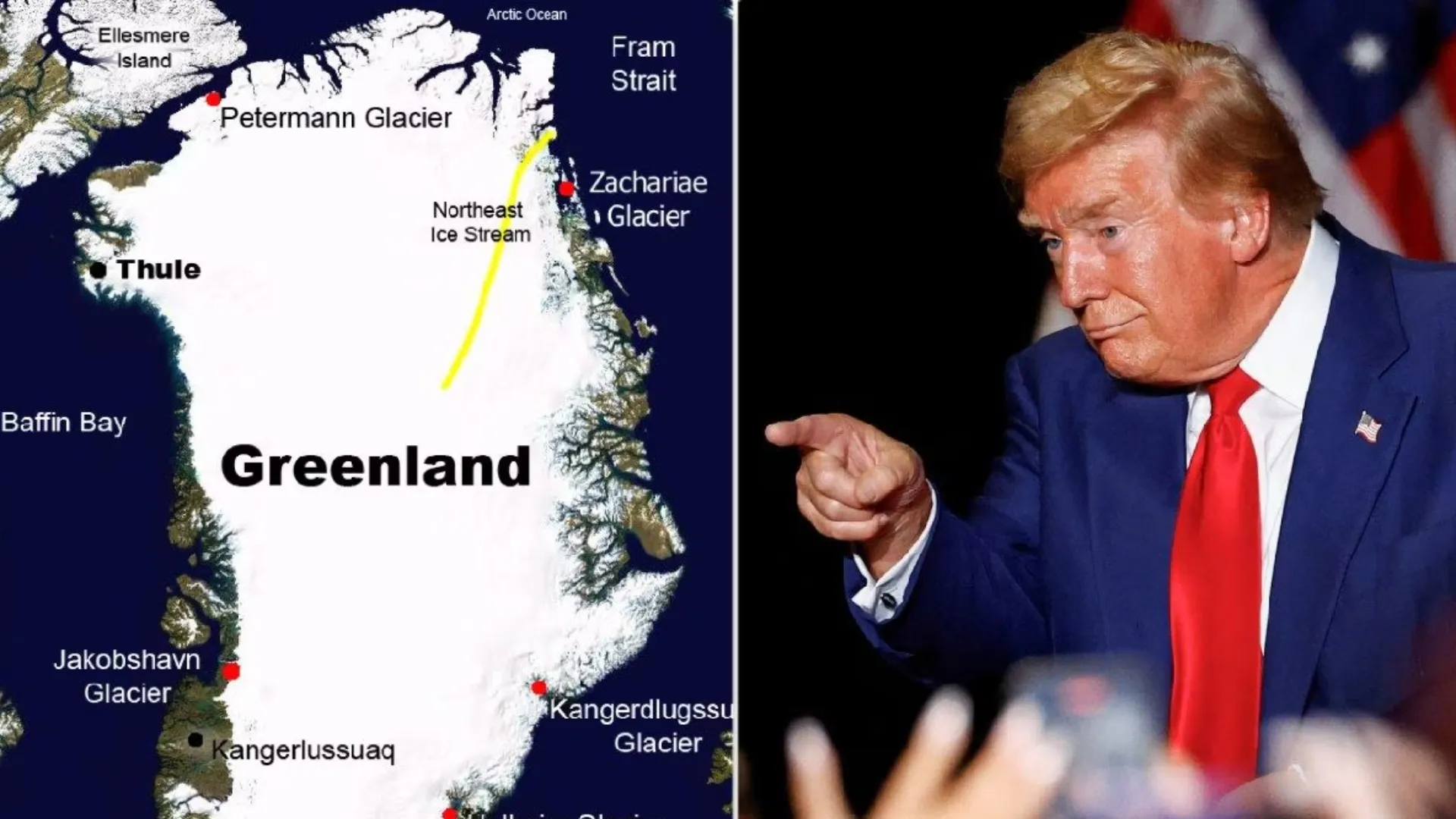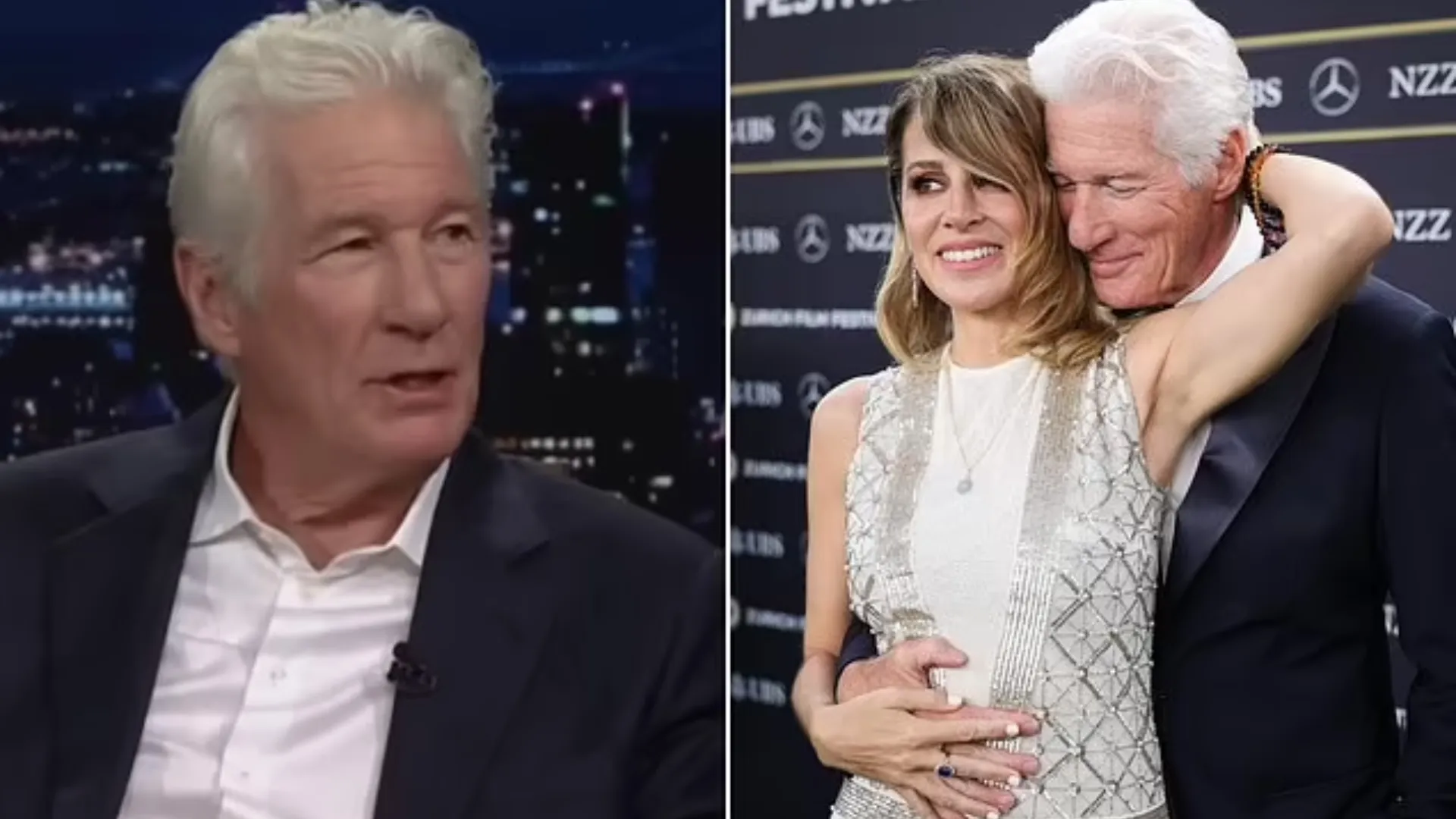
As Donald Trump prepares to take the oath of office for a historic second term as the 47th President of the United States, Republican leaders are raising concerns about some of his key nominees for top government positions. This internal unease highlights both a potential shift within the GOP and the broader implications for the nation's future.
Trump’s cabinet choices have historically drawn both praise and criticism for their unconventional backgrounds and loyalty to his administration. This time, however, even within his party, questions are being raised about the qualifications and ideological stances of his picks. Some Republican leaders worry that these selections prioritize loyalty to Trump over expertise or bipartisan collaboration, potentially undermining governance during a critical period for the country.
Senate Majority Leader Mitch McConnell has reportedly expressed reservations about a few nominees during private discussions, emphasizing the importance of experienced leadership in a polarized political climate. “It’s essential that we focus on competency and stability in these challenging times,” one unnamed GOP senator told Politico. Similar concerns have been echoed by other prominent Republicans, signaling a growing willingness within the party to critique Trump’s choices.

Supporters of Trump’s nominees, however, argue that this is a calculated move to ensure the administration remains aligned with the priorities of the voters who propelled him to victory. They see the selections as a rejection of the so-called “Washington establishment” and a continuation of Trump’s promise to “drain the swamp.”
The broader question remains: Does this internal dissent signal progress toward a more balanced Republican Party willing to self-correct, or is it a harbinger of deeper instability? For the United States, unity and clarity of leadership are crucial as the country faces pressing domestic and international challenges.
Some analysts believe this internal debate is a healthy sign of accountability, showcasing that even Trump’s supporters are not immune to holding him to higher standards. Others fear that such divisions within the GOP could lead to legislative gridlock, leaving the U.S. vulnerable to crises at home and abroad.
As inauguration day approaches, the spotlight remains firmly on Trump and his nominees. Whether these debates lead to a stronger administration or a fractured government will depend on how both Trump and his party navigate these challenges. One thing is clear: the path forward for the United States hangs in the balance.
-1731950790-q80.webp)


